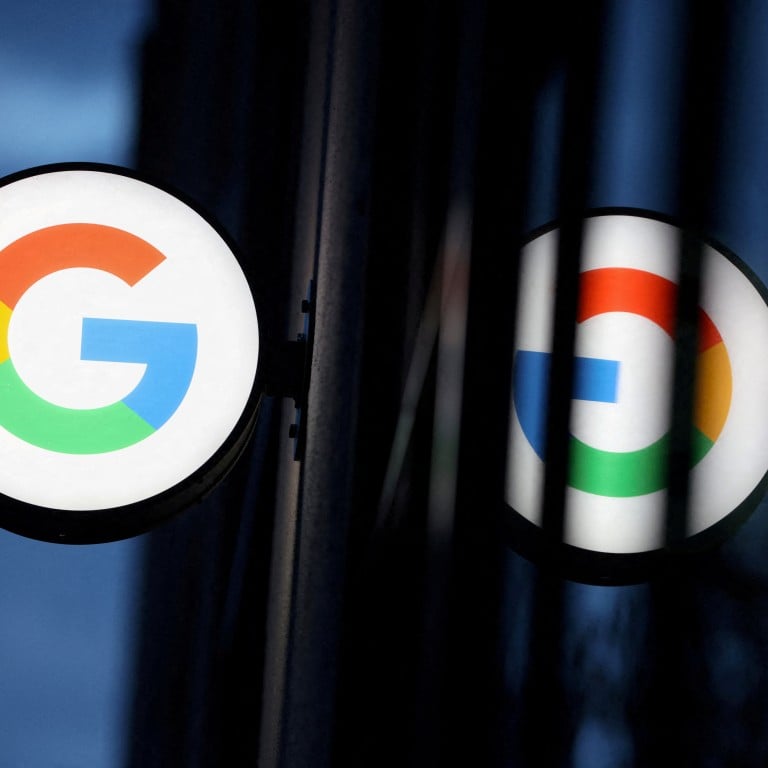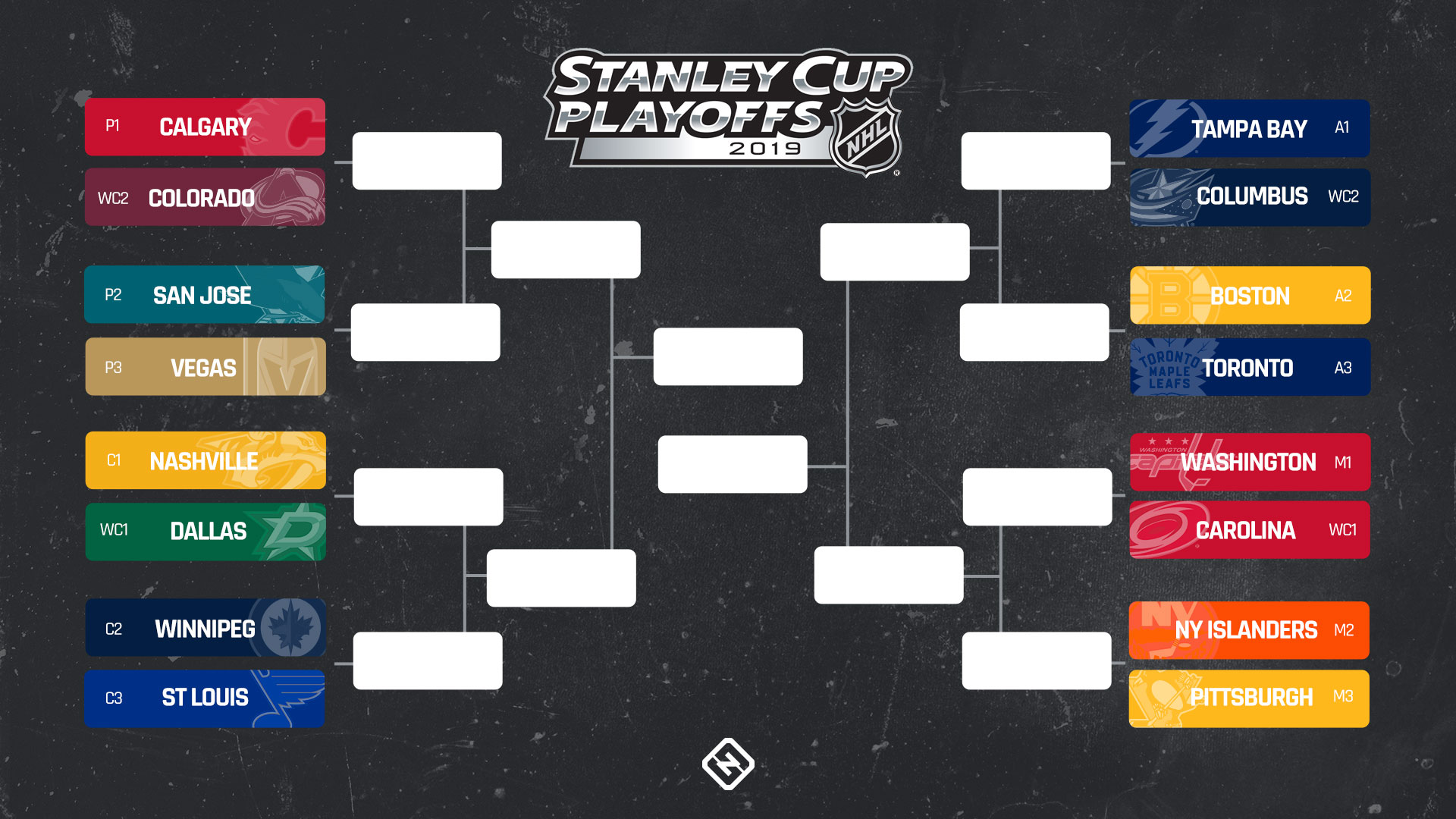Will The U.S. Force Google To Split Its Advertising Business? A Deep Dive

Table of Contents
Google's Dominance in the Digital Advertising Market
Google's grip on the digital advertising market is undeniable. It boasts a significant share across various segments: search, display, and YouTube advertising. This market power stems from its integrated advertising ecosystem, which seamlessly connects Google Search, Google Display Network, YouTube, and AdSense.
- Market Share Statistics: Google commands an estimated 30-40% of the global digital advertising market, dwarfing its competitors. Precise figures vary depending on the reporting source and specific advertising segment, but the sheer scale of Google’s dominance is clear. This translates into billions of dollars in annual revenue.
- Integrated Ecosystem: Google's integrated approach allows advertisers to reach audiences across multiple platforms with targeted campaigns, maximizing efficiency and reach. This integration, while beneficial for advertisers, also contributes to its dominant market position.
- Key Products: Google AdWords (now Google Ads) and Google Ad Manager are integral to this dominance, offering comprehensive tools for managing and optimizing advertising campaigns across various channels. This creates a significant barrier to entry for smaller competitors.
Antitrust Concerns and Legal Challenges Facing Google
Google's significant market share has attracted intense antitrust scrutiny from regulatory bodies worldwide. The Department of Justice (DOJ) and the Federal Trade Commission (FTC) in the U.S., as well as the European Union (EU), have launched multiple investigations and lawsuits against Google, alleging anti-competitive practices.
- Allegations of Anti-Competitive Conduct: The core argument is that Google leverages its dominance in search to favor its own advertising products, disadvantaging competitors. This includes accusations of self-preferencing, tying products together, and engaging in exclusionary conduct.
- Legal Cases and Regulatory Bodies: The ongoing legal battles involve complex arguments about monopolization, anti-competitive conduct, and the interpretation of antitrust laws. The outcomes of these cases will significantly shape the future of digital advertising.
- International Implications: The actions taken by U.S. regulators could have significant repercussions globally, as Google operates on a worldwide scale. Similar antitrust investigations and legal proceedings are underway in other jurisdictions.
Arguments For Splitting Google's Advertising Business
Proponents of a Google advertising breakup argue that it would promote increased competition, benefit consumers, and foster innovation.
- Increased Competition and Innovation: A split would create a more level playing field, allowing smaller advertising platforms and technology companies to compete more effectively. This would potentially lead to the development of innovative advertising technologies and services, benefiting both advertisers and consumers.
- Lower Advertising Costs: Reduced market concentration could translate to lower advertising costs for businesses, making advertising more accessible to small and medium-sized enterprises (SMEs).
- Fairer Access to Advertising Platforms: A breakup could ensure fairer access to advertising platforms and data, preventing Google from leveraging its dominance to exclude or disadvantage competitors.
- Protecting Consumer Choice: A more competitive market would empower consumers by offering a wider variety of choices and potentially more relevant advertising experiences.
Arguments Against Splitting Google's Advertising Business
Opponents argue that breaking up Google's advertising business could have detrimental effects on innovation, economic growth, and the overall functionality of popular Google services.
- Potential Disruption to Innovation: A forced split could disrupt Google's internal synergies and hinder its capacity for innovation and investment in new advertising technologies. This could stifle progress in areas such as AI-powered advertising and personalized ad experiences.
- Impact on Google Services: The breakup could negatively impact free services like Google Search and Gmail, which are partly funded by advertising revenue. This could lead to reduced functionality or the introduction of paid features.
- Economic Implications: The process of separating Google's advertising business could be costly and disruptive, potentially leading to job losses and reduced economic growth. The complexity of such an undertaking should not be underestimated.
- Complexity of Implementation: The sheer size and complexity of Google's advertising operations make a successful separation a challenging undertaking, raising concerns about the potential for unforeseen problems and market instability.
Potential Outcomes and Future Implications
Several scenarios are possible regarding the future of Google's advertising business. A successful breakup, a failed legal challenge, or a regulatory settlement could all significantly reshape the digital advertising landscape.
- Possible Scenarios: The outcome hinges on the legal processes, the decisions of courts and regulatory bodies, and potential negotiation of settlements. Each scenario will have different implications for the market.
- Long-Term Effects: Regardless of the outcome, the ongoing investigations have already had a profound impact on the digital advertising industry, influencing mergers and acquisitions, regulatory compliance, and business strategies.
- Global Implications: The U.S.’s actions will likely influence regulatory approaches in other countries, potentially triggering similar antitrust investigations and legal challenges against Google globally.
Conclusion: The Future of Google's Advertising Empire
The question of whether the U.S. will force Google to split its advertising business remains open. While arguments for increased competition and consumer benefits are compelling, concerns about potential disruptions to innovation and economic stability are equally valid. The uncertainty surrounding the outcome of ongoing investigations highlights the significant implications for the digital advertising landscape and consumers worldwide. Stay informed about developments related to "Will the U.S. force Google to split its advertising business?", follow the progress of Google's antitrust case, and share your opinions on this crucial issue impacting the future of digital advertising. Further research into the intricacies of competition law and the digital advertising market will provide a more nuanced understanding of the complexities involved in the potential breakup of Google's advertising business.

Featured Posts
-
 West Bengal Weather Forecast High Tide And Temperature Alert For Holi Celebrations
May 05, 2025
West Bengal Weather Forecast High Tide And Temperature Alert For Holi Celebrations
May 05, 2025 -
 Stanley Cup Playoffs Understanding The Dynamics Of First Round Matchups
May 05, 2025
Stanley Cup Playoffs Understanding The Dynamics Of First Round Matchups
May 05, 2025 -
 Lizzo Opens Up About Her Health And Weight Loss
May 05, 2025
Lizzo Opens Up About Her Health And Weight Loss
May 05, 2025 -
 Anna Kendrick Silent On Blake Lively Lawsuit At Premiere
May 05, 2025
Anna Kendrick Silent On Blake Lively Lawsuit At Premiere
May 05, 2025 -
 Snow Storm Forecast When Will Snow Return To Ny Nj And Ct
May 05, 2025
Snow Storm Forecast When Will Snow Return To Ny Nj And Ct
May 05, 2025
Latest Posts
-
 Ufc 314 A Deep Dive Into The Volkanovski Vs Lopes Main Event
May 05, 2025
Ufc 314 A Deep Dive Into The Volkanovski Vs Lopes Main Event
May 05, 2025 -
 Ufc 314 Card Altered Highly Anticipated Knockout Artists Fight Scrapped
May 05, 2025
Ufc 314 Card Altered Highly Anticipated Knockout Artists Fight Scrapped
May 05, 2025 -
 Ufc 314 Volkanovski Vs Lopes Full Fight Card And Predictions
May 05, 2025
Ufc 314 Volkanovski Vs Lopes Full Fight Card And Predictions
May 05, 2025 -
 Ufc 314 Pre Fight Betting Odds Breakdown And Fighter Analysis
May 05, 2025
Ufc 314 Pre Fight Betting Odds Breakdown And Fighter Analysis
May 05, 2025 -
 Ufc 314 Takes A Hit Knockout Artists Fight Cancelled
May 05, 2025
Ufc 314 Takes A Hit Knockout Artists Fight Cancelled
May 05, 2025
